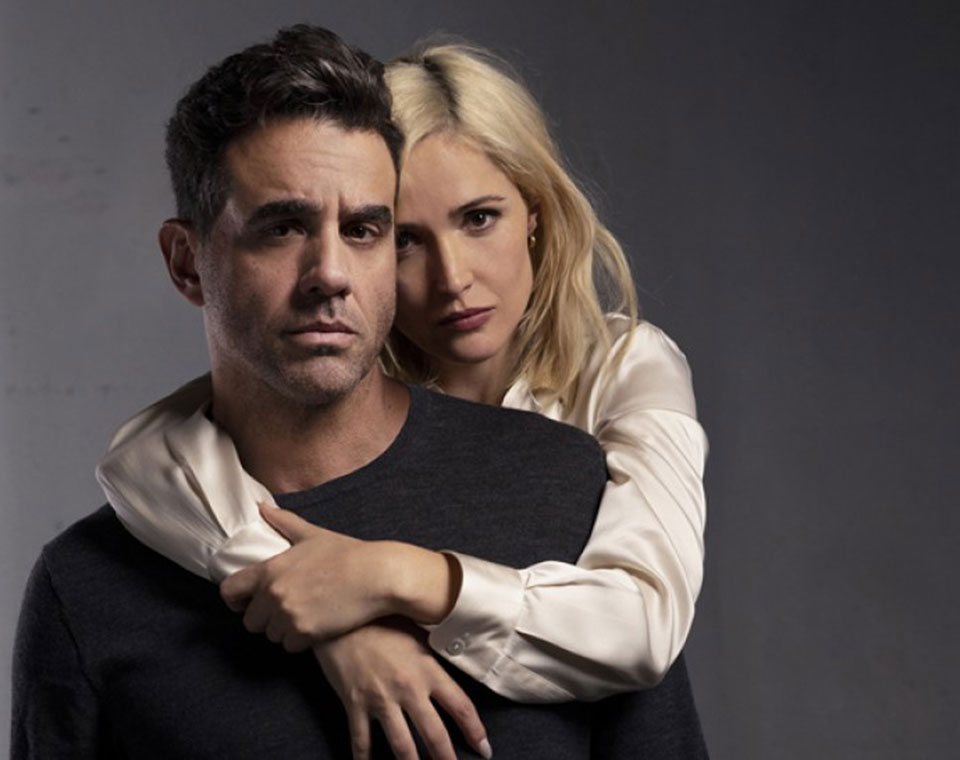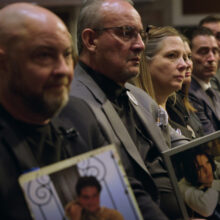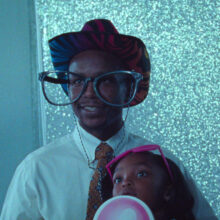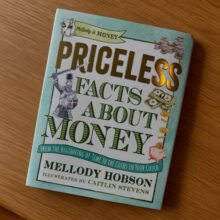
Euripedes’s original play has inspired countless iterations. Above, Rose Byrne and Bobby Cannavale in the new production at BAM. Photo by Caitlin Cronenberg.
Cannavale, whose hooded eyes and streetwise charm have a way of stealing scenes (and hearts), plays it low-key in this production. He’s smart to hang back and let Byrne run with the show, and not just because it’s the politically correct thing to do. Her performance is emotionally aerobic, and thanks to a real-time film projected in close-up above the stage, nobody will miss the range of heartbreak and madness playing across her face. It can be tough-going to experience her desertion and desperation, and the applause that the audience breaks into at the end of the show is tinged with relief. When the cast heads backstage so Byrne can come running out for a solo bow, the viewers shoot up in their seats for a standing ovation. The pain was all hers, and so is the glory.
More to explore in Culture
-
 Culture
1.15.26
Cool Girls Who Got Fired
Culture
1.15.26
Cool Girls Who Got Fired
-
 Culture
4.21.25
Word of Mouth: ‘Can’t Look Away’
Culture
4.21.25
Word of Mouth: ‘Can’t Look Away’
-
 Culture
10.24.24
Word of Mouth: ‘Daughters’ on Netflix
Culture
10.24.24
Word of Mouth: ‘Daughters’ on Netflix
-
 Culture
10.24.24
Financial Literacy for Kids? It’s Priceless.
Culture
10.24.24
Financial Literacy for Kids? It’s Priceless.
-
 Culture
11.22.23
What’s Your Sign? Sagittarius
Culture
11.22.23
What’s Your Sign? Sagittarius
